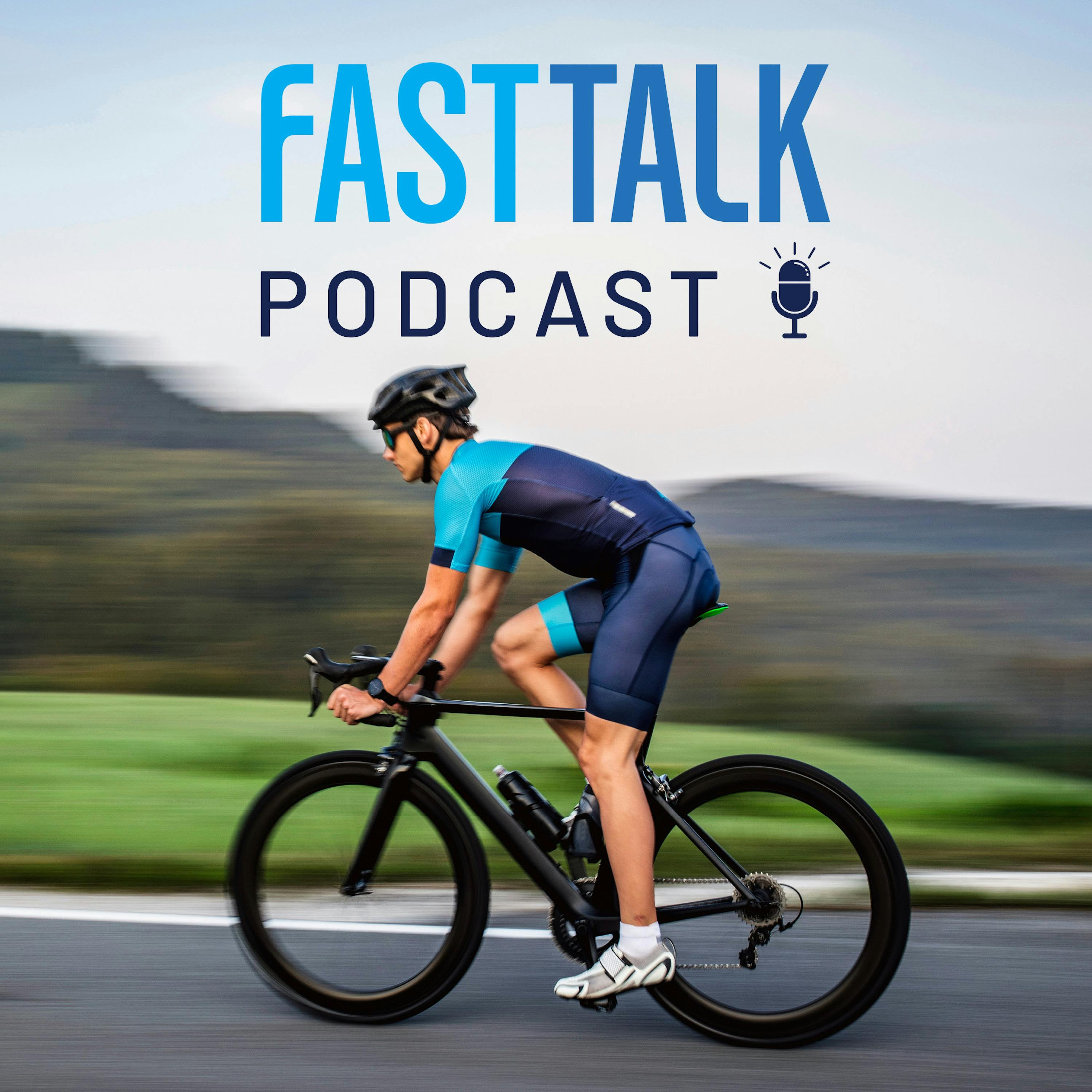188: Nerd Lab: FTP, VO2max, and Sprints within LSD

Exercise physiologist Rob Pickels returns to Fast Talk to out-nerd Coach Trevor Connor as they discuss new scientific research in sport science. Though the findings of these studies may not always directly apply to your weekly training plan, understanding the questions that have been asked by physiology researchers can give you context about what is known and knowable by science as it relates to human performance.\nIn case you missed our last Nerd Lab episode, check out Fast Talk episode 172: Sprinting, Overtraining Your Cells, Durability: Rob Pickels & Trevor Connor Nerd Out on Recent Research.\nFTP20 Test Review\nThe first review, "What is known about the FTP 20 test related to cycling? A scoping review," revealed there are only a few studies that have looked at the 20-minute test of FTP. The protocols of the different studies varied a lot, so it is difficult to find significant trends.\nOverall, this is a thorough analysis of the 20-minute FTP test and how well it predicts/correlates with other measures. For example, it has decent correlation with MLSS and LT2, but shouldn\u2019t replace them.\nInterval Protocols and Time Near VO2max\nIn the next study, "Time Spent Near VO2max During Different Cycling Self-Paced Interval Training Protocols," the researchers compared 4-minute and 8-minute self-paced intervals with 4:1 and 2:1 recovery ratios. The findings suggest the 2:1 ratios tended to result in more time near VO2max.\nBut it raises a question: Is time near VO2max the goal? The assumption is that time at VO2max is better for adaptations. Does this assumption drive bad training practices?\nFinally, this study also raises interesting questions about self-paced vs. set intensity intervals.\nInclusion of Sprints in Transition Period\nThe final study, entitled "The Inclusion of Sprints in Low-Intensity Sessions During the Transition Period of Elite Cyclists Improves Endurance Performance 6 Weeks Into the Subsequent Preparatory Period," looked at whether having some intensity in the transition period will help a subsequent preparation period. The findings suggest that including sprints improved 20 minute all-out TT, but there is still a question of whether there is a physiological benefit.\nThe test procedure was huge; there were differences between the groups. All that improved was their ability to ride at a higher percent of VO2max. Is it a simple improvement in an athlete's ability to suffer?\nLearn more about your ad choices. Visit megaphone.fm/adchoices